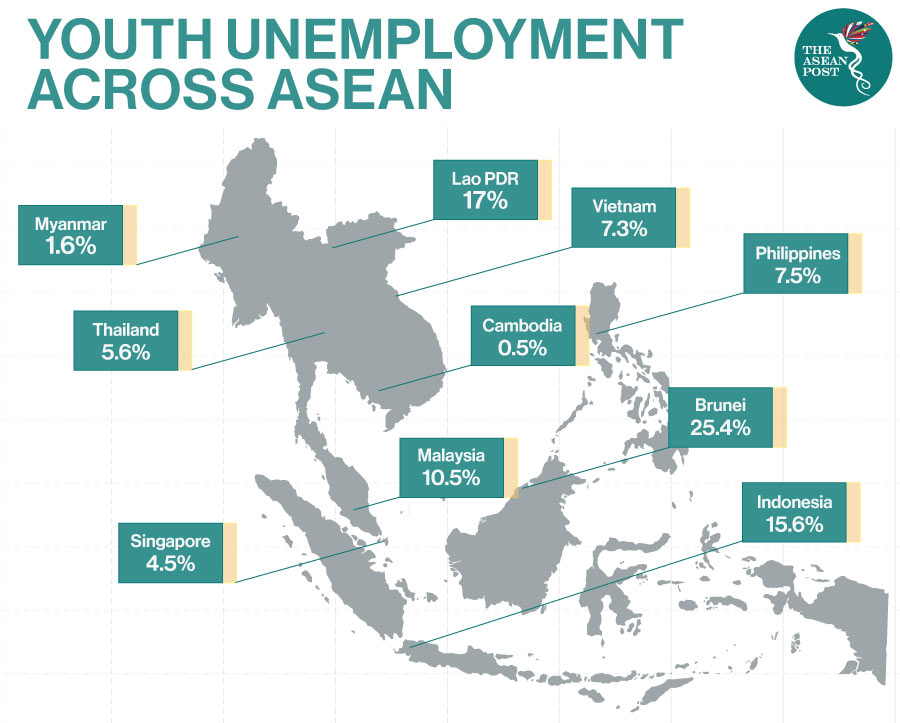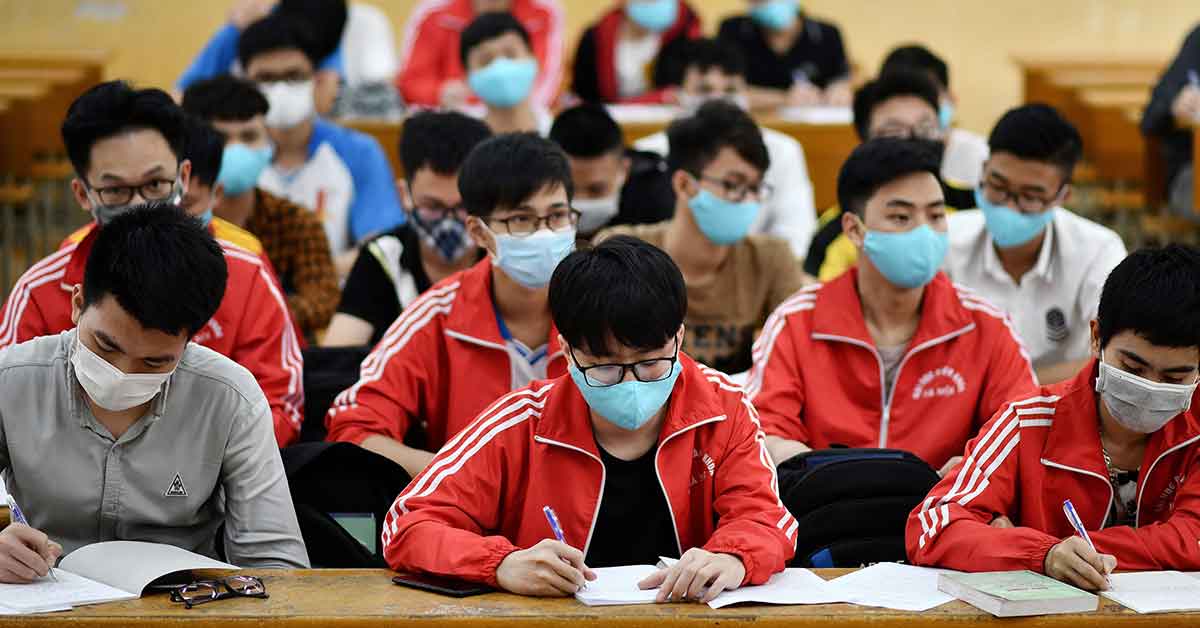There is a grim uncertainty swirling around the COVID-19 pandemic. To date, over two million people have been infected with the virus, taking with it over 150,000 lives. The new coronavirus is not only detrimental to one’s health, but it has also impacted nations worldwide in various ways. The pandemic has negatively affected livelihoods, local businesses and the general economy. Industries such as tourism, aviation, engineering and recently, oil and gas – reported to be plunging into negative territory for the first time in history – are hit hard by the pandemic. It was reported that many employees have been asked to take unpaid leave, suffer pay cuts and even loss of employment amid the crisis.
According to the Asian Development Bank (ADB), an estimated 68 million jobs could be lost in Asia due to the current health crisis. China will see the highest number of workers affected, with about 52.8 million people potentially losing their jobs by the end of September in a “worst case scenario”, noted the ADB in its report titled ‘Covid-19 Economic Impact Assessment Template’. The ADB also warned that the rest of the region could see about 16 million job cuts should the outbreak carry on until September.
In Singapore, where the city-state has seen a spike in COVID-19 cases this past week – the unemployment rate is predicted to increase to four percent by the third quarter of 2020, a rise from an average of 2.3 percent in 2019.
"There were fewer vacancies overall in 2019 but still many opportunities in the growth sectors. However, given the uncertainties in 2020, we expect vacancies to fall further," said Josephine Teo, Singapore’s Manpower Minister.
In Indonesia, it was reported by local media that 5.2 million people could possibly lose their jobs, while 3.78 million projected to fall into poverty. The most populous country in Southeast Asia has over 6,000 COVID-19 infections with 590 deaths to date – the highest number of fatalities in the region. According to data from Indonesia’s Manpower Ministry and the Workers Social Security Agency, as of mid-April, as many as 2.8 million people had already lost their jobs.
With signs of a global recession looming, many workers across the region are now facing certain unemployment. What will happen to jobless graduates and those about to graduate as they face life in a COVID-19 induced recession?
Class Of COVID-19
According to the Nuffield Foundation, a charitable trust aimed at improving social-wellbeing by funding research and innovation projects – the Great Recession, sometimes referred to as the 2008 Recession found a “crisis cohort” who “continued to face higher unemployment, lower pay and worse job prospects up to a decade later, compared with other young people entering work before or after the downturn.”
Disruptions that the pandemic has caused may last even longer than the global financial crisis of 2008-2009 as it is not an issue of market confidence, said Walter Theseira, Associate Professor of Economics at the Singapore University of Social Sciences.
"It's an issue of the disease recurring potentially for months until either a vaccine is found or a substantial part of the population has been exposed to it," he explained.

Tya, a student who graduated with a mechanical engineering degree in one of Indonesia’s top institutions told local media that she has resorted to freelance projects while waiting for responses from companies she had applied to. An internship that she secured at a Malaysian company scheduled to begin in March, was likely cancelled.
"I was waiting for my visa and work permit when the pandemic hit. I had even found a place to rent there and started working remotely for the company. However, the internship will be cancelled, as the company has had to halt its operations because of the lockdown there," Tya told local media.
Zamir Kayum, a Recruitment Consultant at a multinational agency based in Malaysia told The ASEAN Post that “if there is a crucial role that needs filling, companies will still move forward in hiring provided that the budget is unaffected. However, some companies have frozen hiring entirely until 2021,” he continued.
Hasief, a Malaysian student pursuing his Master’s degree in Finance and also ACCA (the Association of Chartered Certified Accountants) in a university in the United Kingdom (UK) – expressed his disappointment to The ASEAN Post as he was aiming for a summer internship in the country. Abiding his concerned parents’ request, Hasief has since returned to Malaysia in February over virus fears and has started online distance learning. Despite most courses now resorting to online exams and coursework, he believes that ACCA students will experience a delay in completing their qualifications.
For Sean Lim, a political science student from the National University of Singapore (NUS) told local media that he has applied to several media outlets since March but has not received any response. "I'm not sure whether to take whatever that comes to my plate, or wait and see if there's something better," he said.
A law student who asked for anonymity is excited to graduate this coming September from one of the top universities in the world. Nevertheless, she told The ASEAN Post that she is very concerned about her future and that of her country, Malaysia. “With the ongoing outbreak of COVID-19 and living at a time of a pandemic, there are many uncertainties surrounding all aspects of our lives… we can only hope for the best.”
Advice To Job Seekers
David Leong, managing director of human resource firm, PeopleWorldwide Consulting suggests that graduates should manage their expectations and prioritise gaining experience over better salaries.
"Get engaged. Whether full-time employment, contract or temporary, this should not matter. Get a foot in the door first with a view to learn-and-work," he explained.
Zamir Kayum urged graduates and job seekers to be proactive and continue with their job search.
“While it has become a more competitive market out there, job seekers should take this time to perfect their approach of companies, perfecting resume’s, cover letters, even putting together a portfolio, and submitting them for when this whole thing eventually blows over. A company may be willing to interview and wait for you for when the time is right.”
Related articles:
